Introduction to Thailand's Premium Ginger Export
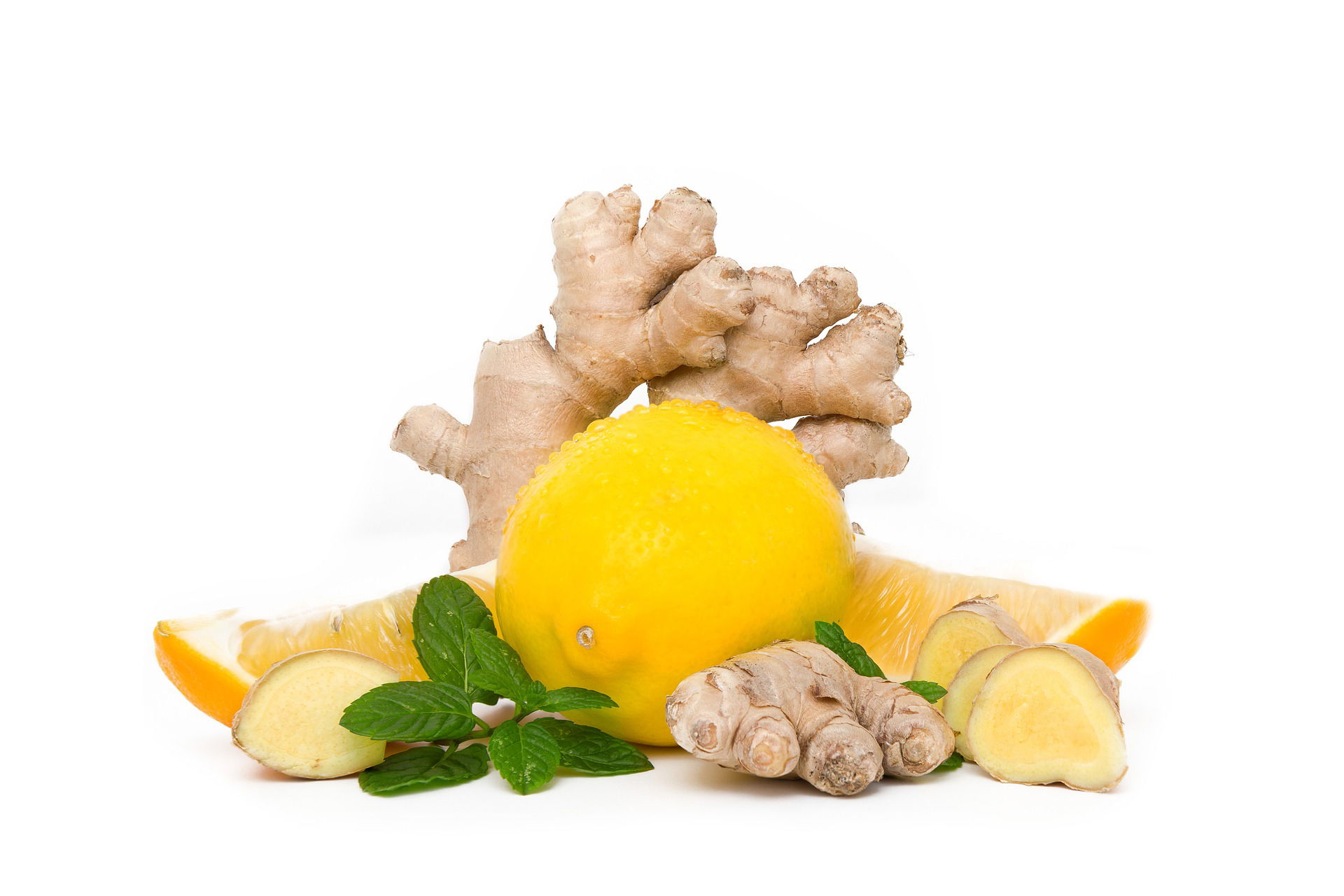
Ginger is a versatile and highly sought-after spice that has been widely used in various industries around the world. Thailand is one of the leading exporters of premium ginger, providing businesses with access to high-quality products that can add value to their operations.
In this article, we'll explore the benefits of using Thailand's premium ginger in your business, as well as the process of ginger export in Thailand, factors to consider for importing ginger, and success stories of businesses that have utilized Thai ginger. We'll also examine the future of Thai ginger export and its impact on global business, providing insights into why you should consider this valuable resource for your own business purposes.
1. Introduction to Thailand's Premium Ginger Export
What is Thailand's Premium Ginger?
Thailand is one of the largest producers and exporters of ginger in the world. Known for its unique aroma and flavor, Thai ginger is highly sought after by chefs, food manufacturers, and cosmetic companies alike. The country's tropical climate and fertile soil make it an ideal location for cultivating high-quality ginger.
Why is Thai Ginger in High Demand?
Thai ginger is in high demand due to its superior quality and distinctive taste, which is different from other types of ginger. It is also known for its medicinal properties, making it a popular ingredient in many health and wellness products. Furthermore, the affordability of Thai ginger makes it an attractive option for businesses looking to source top-quality ginger at a reasonable price.

2. Benefits and Uses of Ginger in Business
Health Benefits of Ginger
Ginger has numerous health benefits and has been used for centuries as a natural remedy for various ailments, such as nausea, indigestion, and inflammation. It is also known to boost the immune system, aid in digestion, and relieve muscle pain. As a result, ginger is a popular ingredient in many health supplements and herbal remedies.
Benefits of Using Ginger in Food and Beverages
Ginger's unique flavor and aroma make it a popular ingredient in many food and beverage products. It is commonly used in teas, desserts, and baked goods, and is even added to savory dishes to add a touch of spice. Due to its versatility, ginger is a popular ingredient for chefs and food manufacturers looking to add a unique twist to their products.
Benefits of Using Ginger in Cosmetics and Personal Care Products
Ginger contains antioxidants and anti-inflammatory compounds that make it a popular ingredient in many cosmetic and personal care products. It is commonly added to skincare products to reduce inflammation and redness, and to hair products to promote hair growth and reduce dandruff. Ginger's natural warming properties also make it a popular ingredient in massage oils and body creams.

3. Understanding the Process of Ginger Export in Thailand
Cultivation and Harvesting of Ginger in Thailand
Thai ginger is typically grown in the northern and northeastern regions of the country, where the tropical climate and fertile soil make it an ideal location for cultivation. The ginger plant is grown from rhizomes, which are harvested after eight to nine months of growth when the leaves start to yellow and die.
Processing and Packaging of Ginger for Export
After the ginger is harvested, it is washed, dried, and sliced into desired sizes. The slices are then packed into bags and transported to the processing facility for further cleaning and sterilization. Once the ginger is sterilized, it is again dried and sorted by size and quality before being packed into boxes for export.
Quality Control and Standards for Ginger Export
Thailand has strict quality control standards for ginger export, ensuring that only the highest quality ginger is exported. The Thai Department of Agriculture and the Thai FDA enforce these standards, which include regulations on pesticide residue and microbial contamination. This ensures that businesses can confidently source high-quality ginger from Thailand.

4. Factors to Consider for Importing Ginger from Thailand
Import Regulations and Requirements
Businesses looking to import ginger from Thailand must comply with specific regulations and requirements set by their home country. These regulations may vary depending on the country of origin and can include requirements for product labeling, packaging, and quality standards.
Costs and Logistics of Importing Ginger
Importing ginger from Thailand can involve additional costs, including transportation fees, tariffs, and import duties. It is essential to consider these factors when calculating the total cost of importing ginger and to ensure that the logistics of importing ginger fit seamlessly within your supply chain.
Risk Management and Mitigation Strategies
Importing any product can come with inherent risks, such as delays or product quality issues. Businesses can mitigate these risks by working with reputable suppliers and using quality control measures to ensure that the ginger they import meets their standards. They can also have contingency plans in place to address any potential issues that may arise during the importing process.
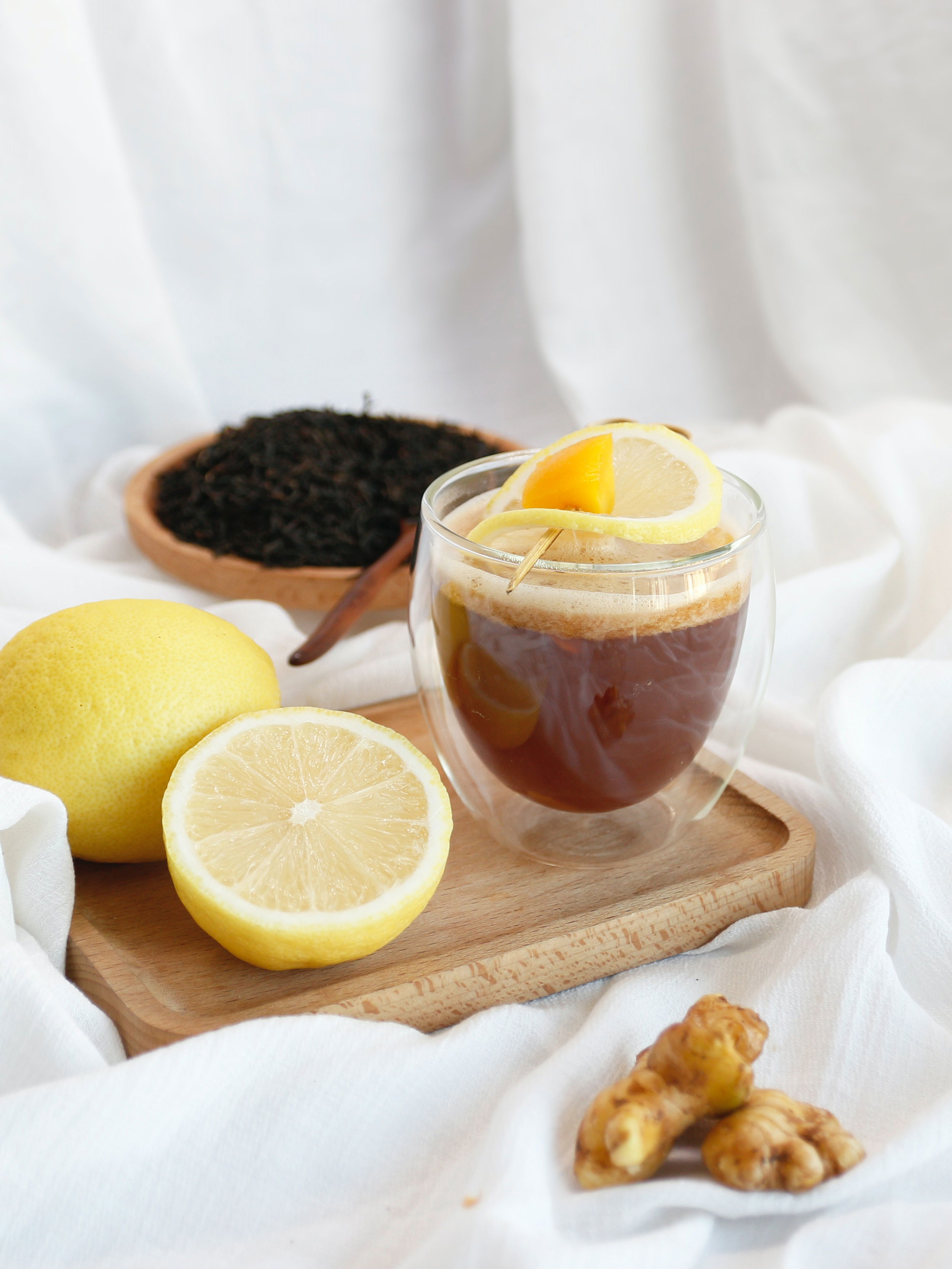
5. How to Incorporate Thai Ginger in Your Business Strategy
Thai ginger can add an exotic flavor to your products and services, making them more unique and appealing to customers. Here are some tips for incorporating Thai ginger into your business strategy.
Identifying Opportunities for Ginger in Your Business
Consider where ginger could fit into your business. For example, if you run a café or restaurant, you could use Thai ginger in recipes for ginger tea, gingerbread, or even ginger ice cream. If you own a spa or beauty salon, you could create Thai ginger-infused skincare products to help customers rejuvenate their skin. Similarly, if you run a health food store, you could offer ginger capsules or supplements to help customers with digestive issues.
Developing Products and Services with Thai Ginger
Once you've identified opportunities for Thai ginger in your business, you'll need to develop products or services using the ingredient. Ensure that the ginger you purchase is of premium quality and comes from a reliable source. Play around with different recipes and formulations to create a unique and delicious product or service.
Marketing and Promoting Ginger-Infused Products
To attract customers to your ginger-infused products, you'll need to promote them effectively. Highlight the health benefits and the unique taste of Thai ginger. Consider offering free samples or hosting events to showcase your products. Social media is also a great way to reach out to potential customers and get them interested in your products.
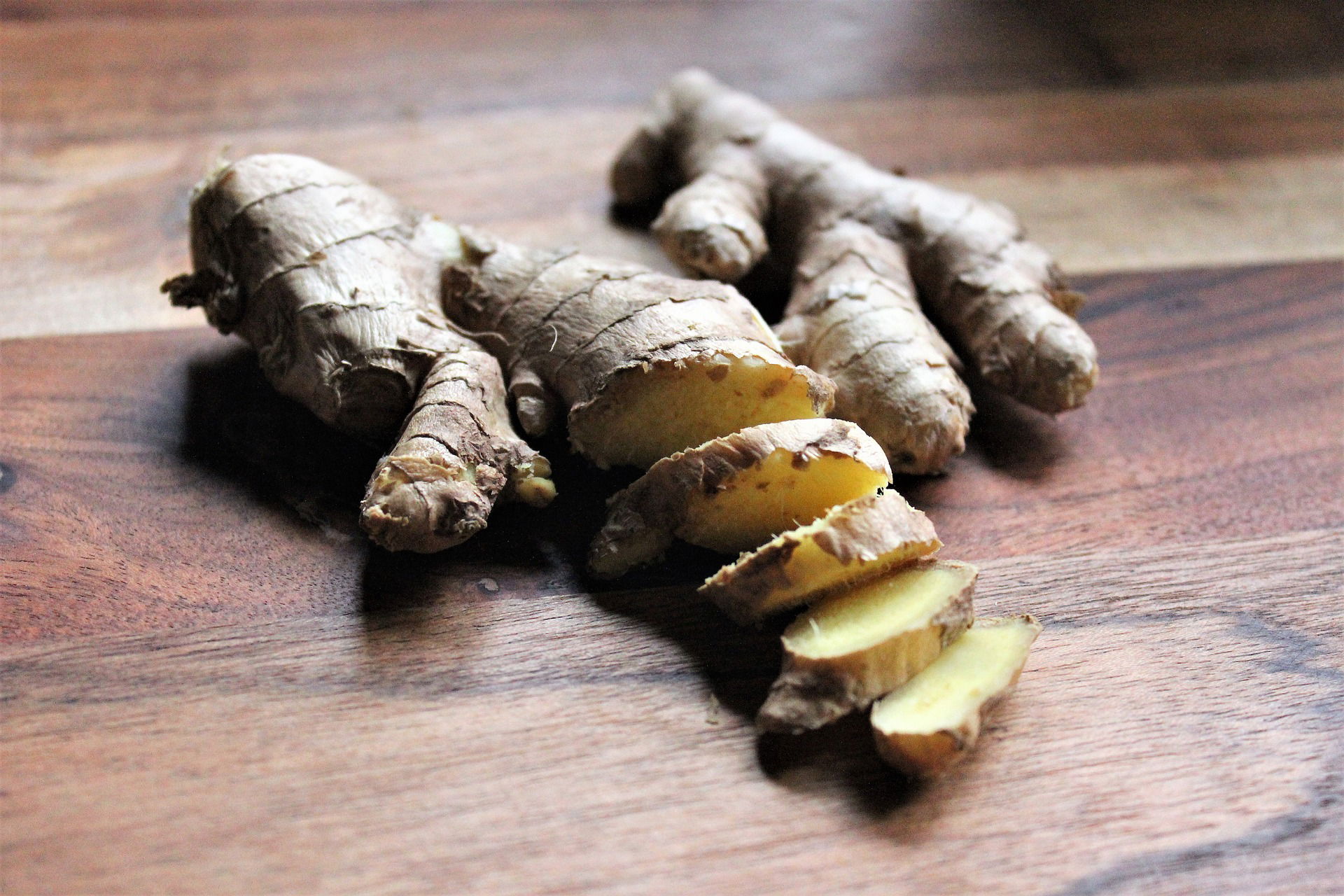
6. Success Stories of Businesses That Have Utilized Thai Ginger
Thai ginger has been utilized by businesses across various industries, including food and beverage, cosmetics and personal care, and pharmaceuticals. Here are some examples of businesses that have successfully incorporated Thai ginger into their products and services.
Ginger in the Food and Beverage Industry
Many cafes and restaurants have used Thai ginger to add flavor to their dishes. For example, the Mandarin Oriental hotel in Bangkok uses Thai ginger to create a unique and flavorful cocktail called the Oriental Ginger. Similarly, Red Bull Thailand has developed a ginger-flavored energy drink called Red Bull Ginger Ale, which has received rave reviews.
Ginger in the Cosmetics and Personal Care Industry
Many beauty and skincare brands have incorporated Thai ginger into their products. For example, Kiehl's offers a ginger leaf and hibiscus firming mask, while Origins offers a ginger soufflé whipped body cream. These products are not only refreshing and aromatic, but they also provide several health benefits for the skin.
Ginger in the Pharmaceutical Industry
Ginger has several medicinal properties, making it a popular ingredient in the pharmaceutical industry. For example, the Thai pharmaceutical company SPCG produces ginger supplements that help alleviate nausea, vomiting, and other digestive problems. Ginger has also been proven to have anti-inflammatory properties and can help reduce pain caused by osteoarthritis and menstrual cramps.
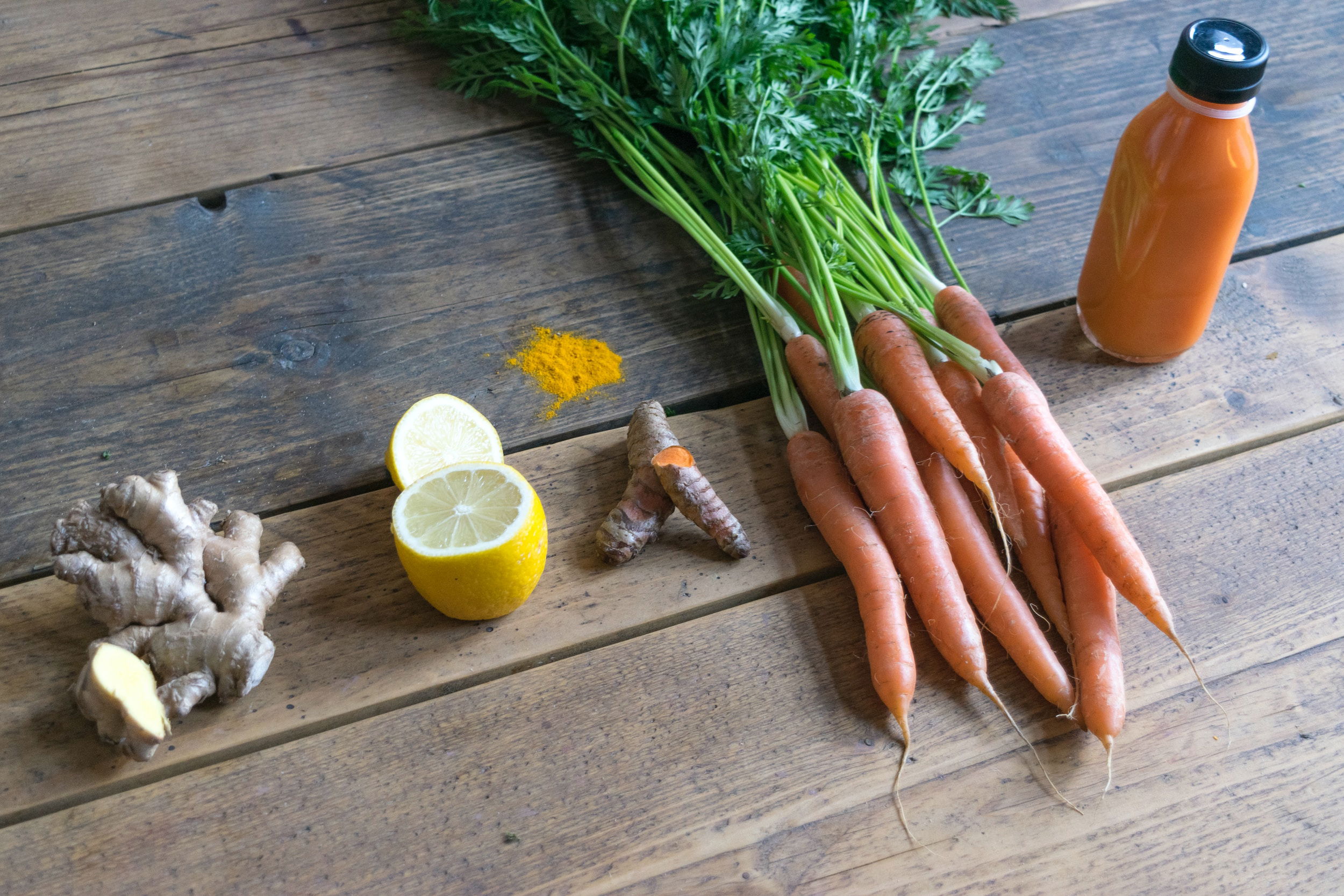
7. Future of Thai Ginger Export and Its Impact on Global Business
The demand for Thai ginger has been steadily increasing over the past few years, and the future looks promising. Here are some trends and forecasts for ginger export from Thailand and its impact on global business.
Trends and Forecast for Ginger Export from Thailand
The Thai ginger industry is predicted to grow significantly in the coming years, with experts predicting a compound annual growth rate of 5.4% from 2020 to 2025. This can be attributed to the increasing demand for ginger as a health supplement and for its culinary uses.
Global Demand and Consumption of Ginger
The global demand for ginger is also on the rise, with the US, China, and Japan being the largest consumers of ginger in the world. Ginger is used in a variety of products, including teas, snack foods, supplements, and more.
Opportunities and Challenges for Businesses in the Ginger Industry
The ginger industry offers several opportunities for businesses, including the chance to create unique products and services, tap into the growing health supplement market, and cater to customers looking for exotic flavors. However, businesses may face challenges such as sourcing premium-quality ginger and complying with regulations in different countries.

8. Conclusion: Why You Should Consider Thailand's Premium Ginger for Your Business
Thai ginger offers numerous benefits for businesses seeking to add an exotic flavor to their products or services. Here are a few reasons why you should consider incorporating Thai ginger into your business strategy.
Benefits of Using Thai Ginger for Your Business
Thai ginger is premium quality and has a unique and delicious taste, making it a valuable ingredient for businesses seeking to stand out in crowded markets. Additionally, ginger offers several health benefits and is a popular ingredient in the culinary world, making it an excellent choice for businesses in the food and beverage industry.
Steps to Take to Integrate Thai Ginger into Your Business Strategy
To incorporate Thai ginger into your business strategy, start by identifying opportunities for ginger in your business. Once you've determined where ginger fits into your business, develop products or services using the ingredient. Finally, promote your products effectively to attract customers.
Final Thoughts on Thai Ginger as a Valuable Business Resource
Thai ginger is a versatile ingredient that can add value to your business in various industries. Whether you're in the food and beverage industry, the cosmetics and personal care industry, or the pharmaceutical industry, Thai ginger offers unique and valuable benefits that can help your business stand apart from competitors.
In conclusion, Thailand's premium ginger offers a wealth of benefits and opportunities for businesses across industries. From its versatility and health benefits to its delicious flavor and aroma, Thai ginger is a valuable resource that can help businesses stand out in competitive markets. By understanding the process of ginger export in Thailand, considering the factors involved in importing ginger, and developing effective strategies for incorporating this spice into your business, you can unlock its full potential and reap the rewards of its many advantages.
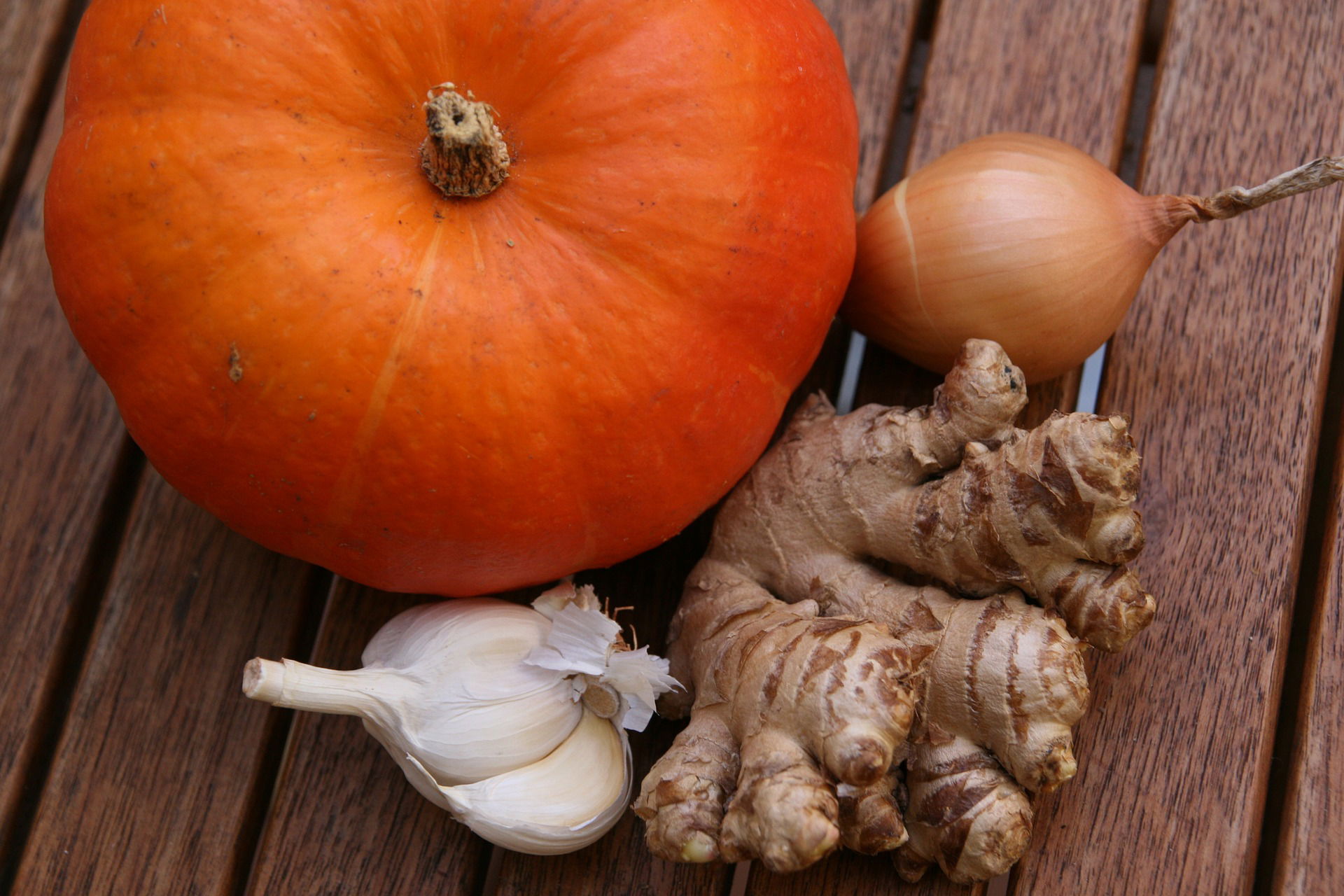
FAQ
Is Thai ginger of a higher quality than other types of ginger?
Yes, Thai ginger is considered to be of premium quality due to its unique flavor and aroma, as well as its high content of essential oils. It is also processed and packaged using strict quality control standards, ensuring that it maintains its quality throughout the export process.
What industries can benefit from using Thai ginger?
Thai ginger can benefit a wide range of industries, including the food and beverage industry, cosmetics and personal care industry, pharmaceutical industry, and more. It can be used in various products, such as teas, sauces, marinades, cosmetics, and even medicines, thanks to its many health benefits.
What are the regulations for importing Thai ginger into my country?
The regulations for importing Thai ginger may vary depending on your country of origin. It is important to research the specific regulations and requirements for your region to ensure that you comply with all the necessary standards and documents required for importation.
How do I find a reliable supplier of Thai ginger for my business?
To find a reliable supplier of Thai ginger for your business, you can conduct online research, attend trade shows and exhibitions, or seek referrals from other businesses in your industry. It is important to work with a supplier that has a reputation for delivering high-quality products, reliable customer service, and competitive pricing.
